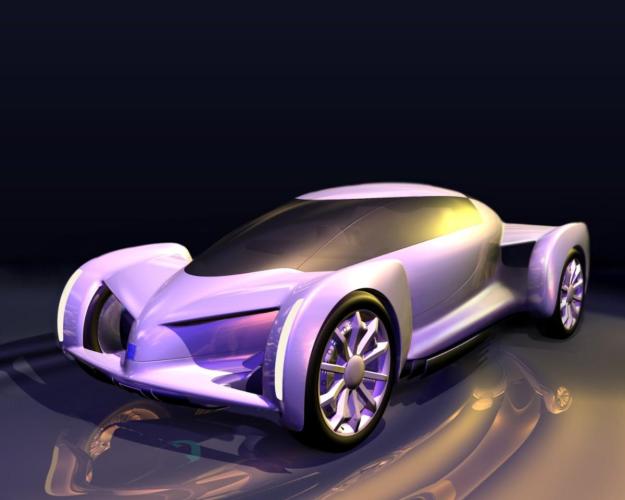 General Motors and Honda will collaborate on hydrogen fuel cell technology, with the goal of having a “next-generation” fuel cell system, and a new way to store hydrogen, ready sometime around the year 2020.
General Motors and Honda will collaborate on hydrogen fuel cell technology, with the goal of having a “next-generation” fuel cell system, and a new way to store hydrogen, ready sometime around the year 2020.
The two companies feel collaboration will help quicken the notoriously slow pace of fuel cell development through shared experience, economies of scale, and the ability to source components from common sources.
However, neither company said exactly what the physical product of the collaboration would be; presumably a new fuel cell powertrain will be built, but how it will differ technologically from current powertrains is unknown.
That explains why the two companies are saying it will take at least seven years to development something.
GM and Honda also plan to work with other parties to improve the hydrogen refueling infrastructure. This is one of the main problems with hydrogen fuel cell cars in 2013 and will need to be attacked concurrently with development of the cars themselves in order for hydrogen daily drivers to be viable.
Perhaps GM and Honda will take it upon themselves to build a network of hydrogen gas stations (no pun intended), just as Tesla and Nissan are doing with electric vehicle charging stations. The latter has significantly increased the usability of EVs by making it less likely that drivers will run out of juice.

Honda began leasing its FCX fuel cell car in 2002, and used information from that program to build the FCX Clarity, the only vehicle currently on the road designed from the ground up for hydrogen power by a major automaker. Honda built a limited number of these midsize hatchbacks and began leasing them to customers in 2009.
GM first previewed fuel cell tech with the AUTOnomy and Hy-wire concepts, which featured “skateboard” chassis, drive-by-wire controls, and easily removable modular bodies.
General Motors has since put fuel cells on the road in a more down-to-earth way. Project Driveway, underway since 2007, has put a fleet of fuel cell-powered Chevrolet Equinox SUVs in the hands of consumers, racking up about 3 million miles of driving.
With that much experience behind them, could the collaboration between these two automotive stalwarts finally tip the balance and make hydrogen fuel cells mainstream? Stay tuned.
Do you think fuel cells are the future – or just part of it? Tell us in the comments.
Editors' Recommendations
- Hyundai bets big on hydrogen from sewage, plastic
- Hyundai’s hydrogen fuel cell truck makes hauling freight green and glamorous
- Hydrogen was the fuel of tomorrow, so what happened?
- Toyota uses hydrogen fuel cells to power one of its Japanese factories
- BMW teases hydrogen cars again with fuel cell X5 concept


